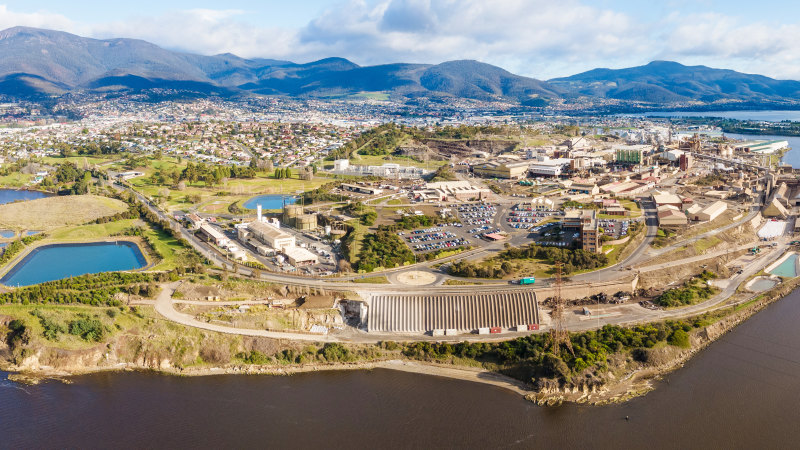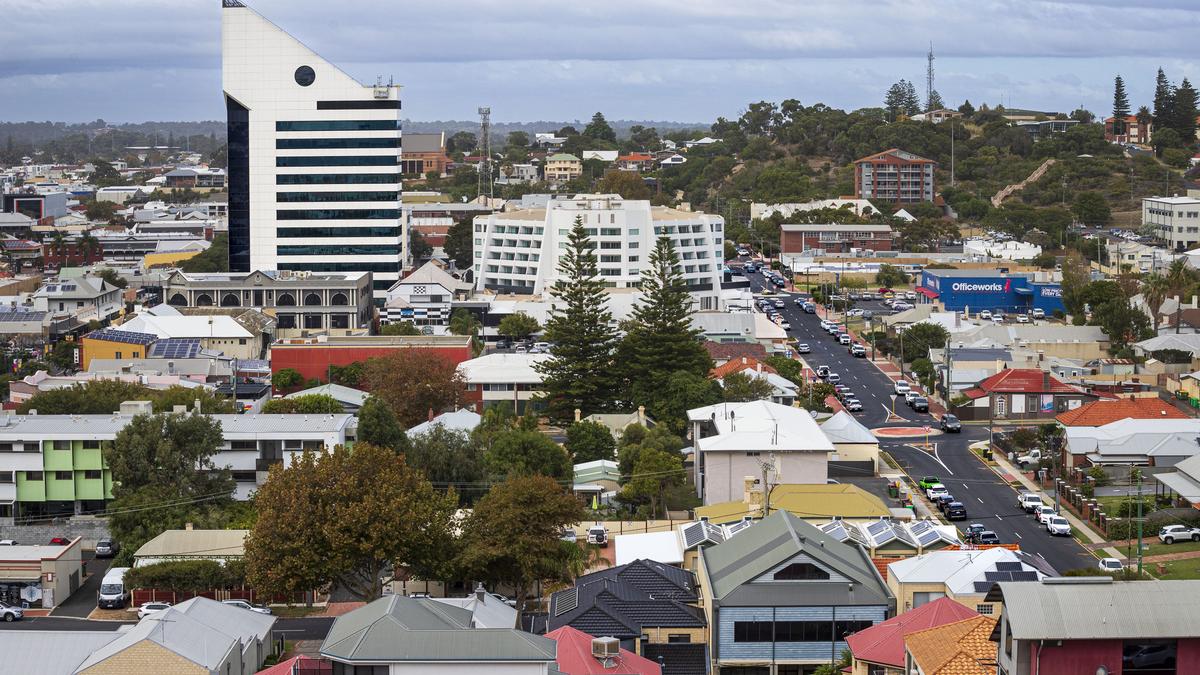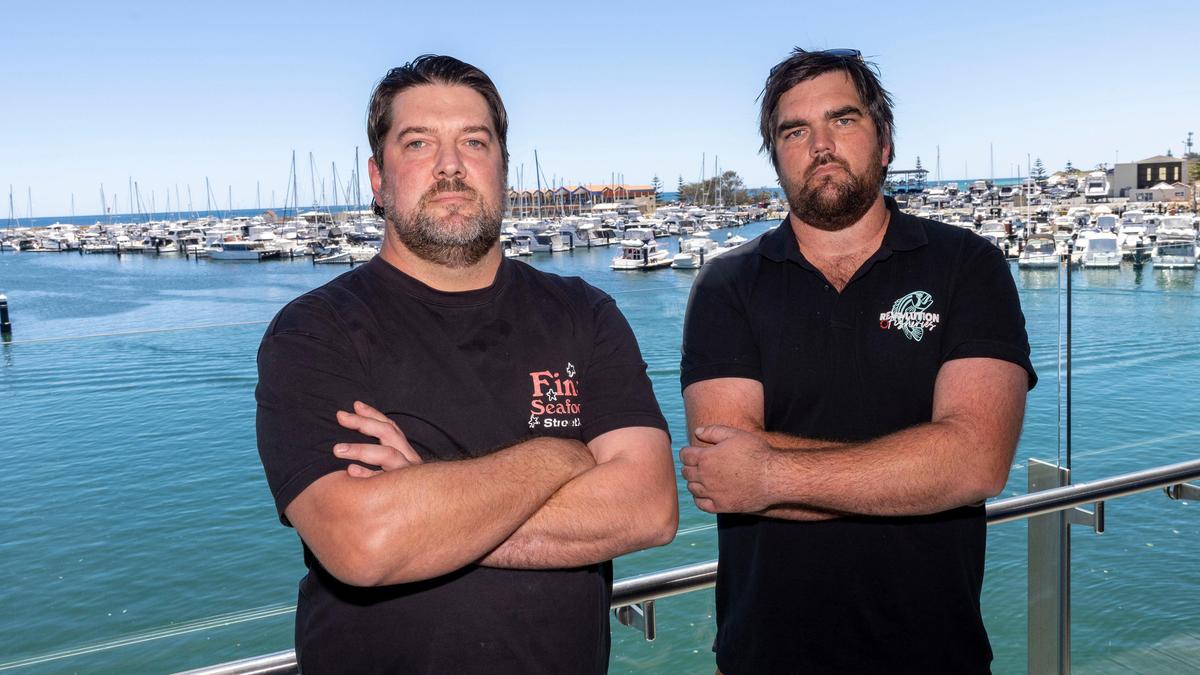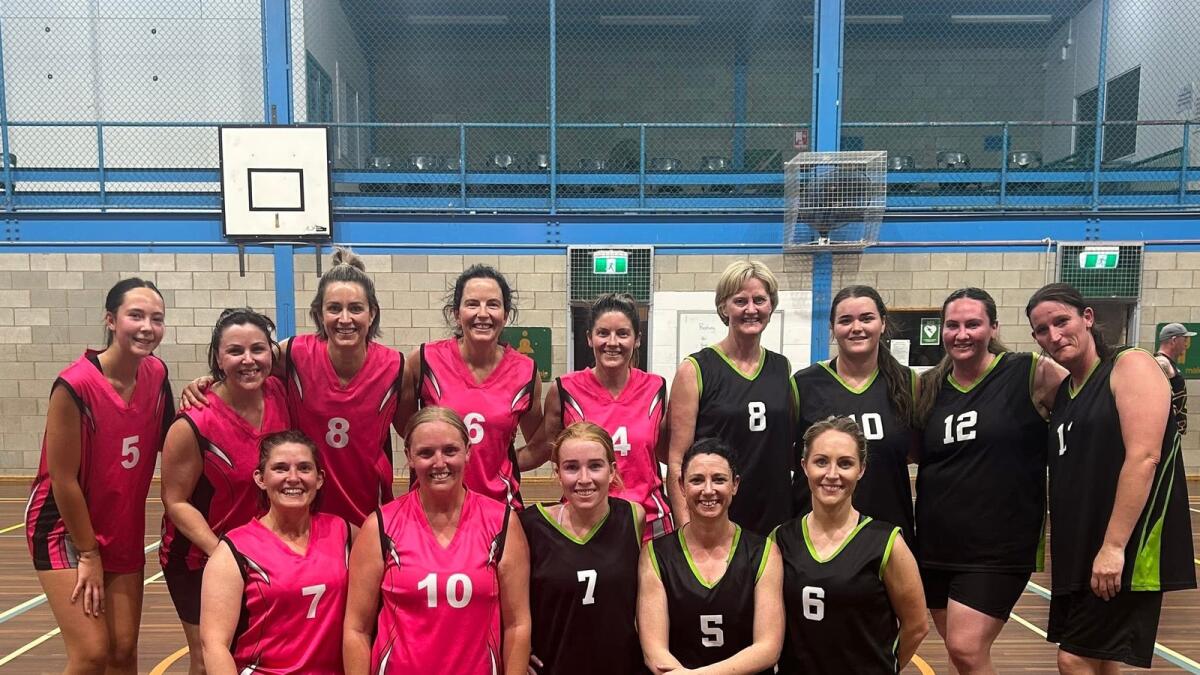
The federal government is on the brink of finalizing a taxpayer-funded lifeline for Nyrstar Australia’s smelters in Tasmania and South Australia. This move comes after urgent warnings from the company’s Swiss owner, Trafigura, that the facilities could face closure within weeks. During a campaign stop in Hobart, Prime Minister Anthony Albanese, alongside Tasmanian Labor leader Dean Winter, indicated that negotiations for a bailout involving federal, Tasmanian, and South Australian governments are in their final stages.
“We want to make sure that Nyrstar gets the support that it needs,” Albanese stated. The Hobart smelter is one of the world’s largest zinc producers, while the Port Pirie smelter is crucial for lead production. Maintaining operations at these sites is vital for Albanese’s “Future Made in Australia” policy, which aims to revitalize local manufacturing.
Economic and Political Context
Matt Howell, CEO of Nyrstar Australia, has been actively seeking additional investment from the three governments to upgrade the smelters. This upgrade would enable the production of critical metals, which are increasingly in demand as Western countries strive to diversify their supply chains. Trafigura has placed Nyrstar’s loss-making Australian operations under review, with Howell previously noting that taxpayer funds could mitigate expected losses over the next two years. Attempts to reach Howell for further comments on Tuesday were unsuccessful.
Albanese revealed that the Commonwealth and Tasmanian governments have already invested $70 million to upgrade the Hobart smelter, a project that stalled due to rising costs. “Whether it’s Nyrstar, or whether it be Bell Bay [where Rio Tinto has an aluminium smelter in northern Tasmania] and all of these facilities, we know that these manufacturing facilities are really important for our national interest,” Albanese emphasized. He added that a bailout announcement is imminent and should enjoy bipartisan support in Tasmania.
Industry Challenges and Broader Implications
The challenges faced by Nyrstar are emblematic of broader financial struggles within the metals manufacturing sector. Companies producing aluminium, nickel, copper, and other metals are grappling with declining treatment and refining charges, alongside escalating energy costs. The New South Wales government is already in discussions to prevent the closure of another major facility, while Glencore is negotiating a bailout for its Mount Isa copper smelter with federal and Queensland authorities.
“The financial struggles of manufacturers reflect significant declines in treatment and refining charges, coupled with rising energy costs.”
As Tasmanians prepare to vote on July 19, following a no-confidence motion against the state’s Liberal premier, Jeremy Rockliff, the impending bailout announcement could influence electoral outcomes. Current polls suggest a narrow lead for Labor, although Tasmania’s proportional representation system complicates the path to a majority government. Meanwhile, the potential assistance for Port Pirie may also resonate with South Australian voters, with their state election looming within nine months.
Looking Ahead
The anticipated bailout for Nyrstar’s smelters underscores the federal government’s commitment to sustaining critical manufacturing infrastructure in Australia. This development not only aims to secure jobs and local economies but also aligns with broader strategic goals of enhancing domestic production capabilities. As negotiations conclude, stakeholders across the political and economic spectrum will be closely monitoring the outcomes and their implications for the future of Australian manufacturing.






